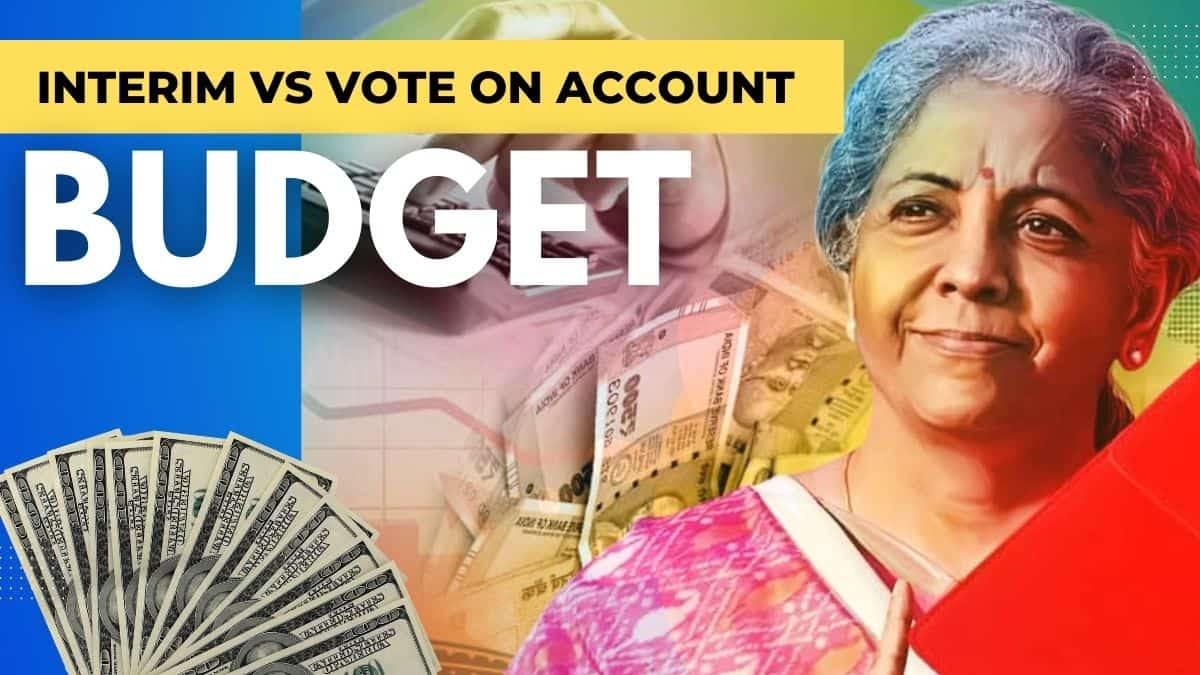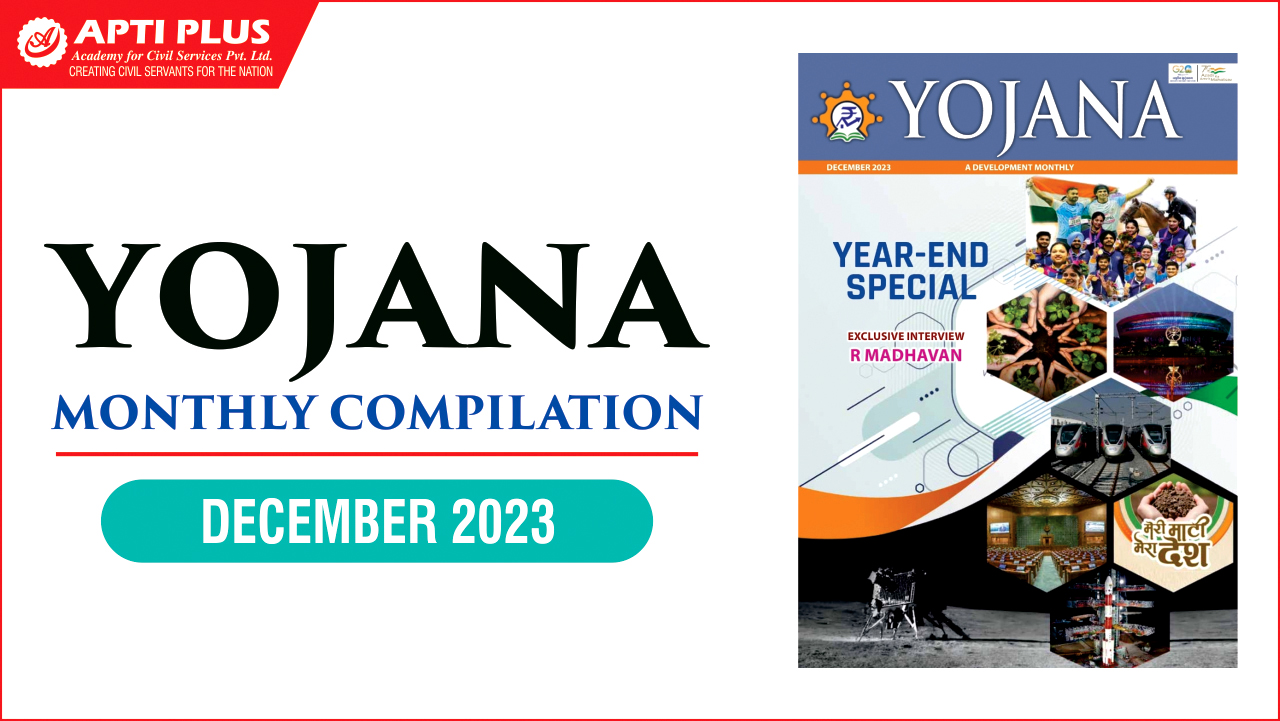Description

Copyright infringement not intended
Picture Courtesy: www.businesstoday.in
Context: The Union Finance Minister clarified that the upcoming budget would be a Vote-on-account rather than an Interim Budget.
Details
- The Union Finance Minister stated that the February 1, 2024, Budget would serve the purpose of a vote-on-account due to the impending general elections. During this period, the outgoing government is permitted only to meet essential expenditures, and no spectacular announcements are expected.
- The budget will focus on authorizing the withdrawal of funds from the Consolidated Fund of India to cover short-term expenses, such as salaries and ongoing projects until the new government assumes office.
- The Finance Minister emphasized that taxpayers would need to await the new government in July for any major tax and economy-related policies, in compliance with the Election Commission of India's code of conduct.

"Interim Budget" and "Vote-on-account"
- The terms "Interim Budget" and "Vote-on-account" are often used interchangeably, but there are some key differences between the two.
Nature and Content
- Interim Budget: It generally includes a comprehensive overview of the current state of the economy, plan and non-plan expenditures and receipts, changes in tax rates, revised estimates for the ongoing financial year, and estimates for the coming financial year. It can propose changes in the tax regime.
- Vote-on-account: It is specifically focused on obtaining parliamentary approval to withdraw money from the Consolidated Fund of India to meet essential expenditures such as salaries of central government staff, funding of ongoing projects, and other necessary government expenditures. It does not typically involve major policy announcements or changes in the tax regime.
Parliamentary Process
- Interim Budget: Like a full Budget, it goes through a formal discussion and approval process in the Lok Sabha.
- Vote-on-account: It is usually passed without any formal discussion.
Tax Regime Changes
- Interim Budget: It can propose changes in the tax regime.
- Vote-on-account: It cannot change the tax regime under any circumstances.
Validity Period
- Interim Budget: It is valid throughout the entire financial year.
- Vote-on-account: It is valid for a specific period, usually two to four months. It provides authorization for the outgoing government to draw money from the Consolidated Fund of India for short-term expenditures until the new government presents a full-fledged Budget.
Election Commission Code of Conduct
- Both Interim Budget and Vote-on-account are subject to the Election Commission of India's code of conduct during election years. The outgoing government is typically not allowed to propose major tax and economy-related policies to avoid influencing voters.

Conclusion
- The Finance Minister has clarified that the upcoming budget will be a Vote-on-account rather than an Interim Budget. This suggests a more focused budget aimed at meeting essential expenditures for a limited period, without major policy announcements or changes in the tax regime. The anticipation is that a regular full Budget will be presented in July after the new government takes charge.
|
PRACTICE QUESTION
Q. The difference between the validity period of an interim budget and a vote-on-account is:
A) No difference, both cover the same duration.
B) Interim budget is valid for one year, while the vote-on-account is valid for two months.
C) Interim budget is valid for two months, while vote-on-account is valid for one year.
D) Interim budget is valid for the remaining period of the financial year, while vote-on-account is for a shorter specific period.
Answer: D
Explanation: An interim budget covers the remaining portion of the financial year until the new government takes over, while a vote-on-account is typically valid for a shorter period, often two to four months, to bridge the gap before the full budget.
|











